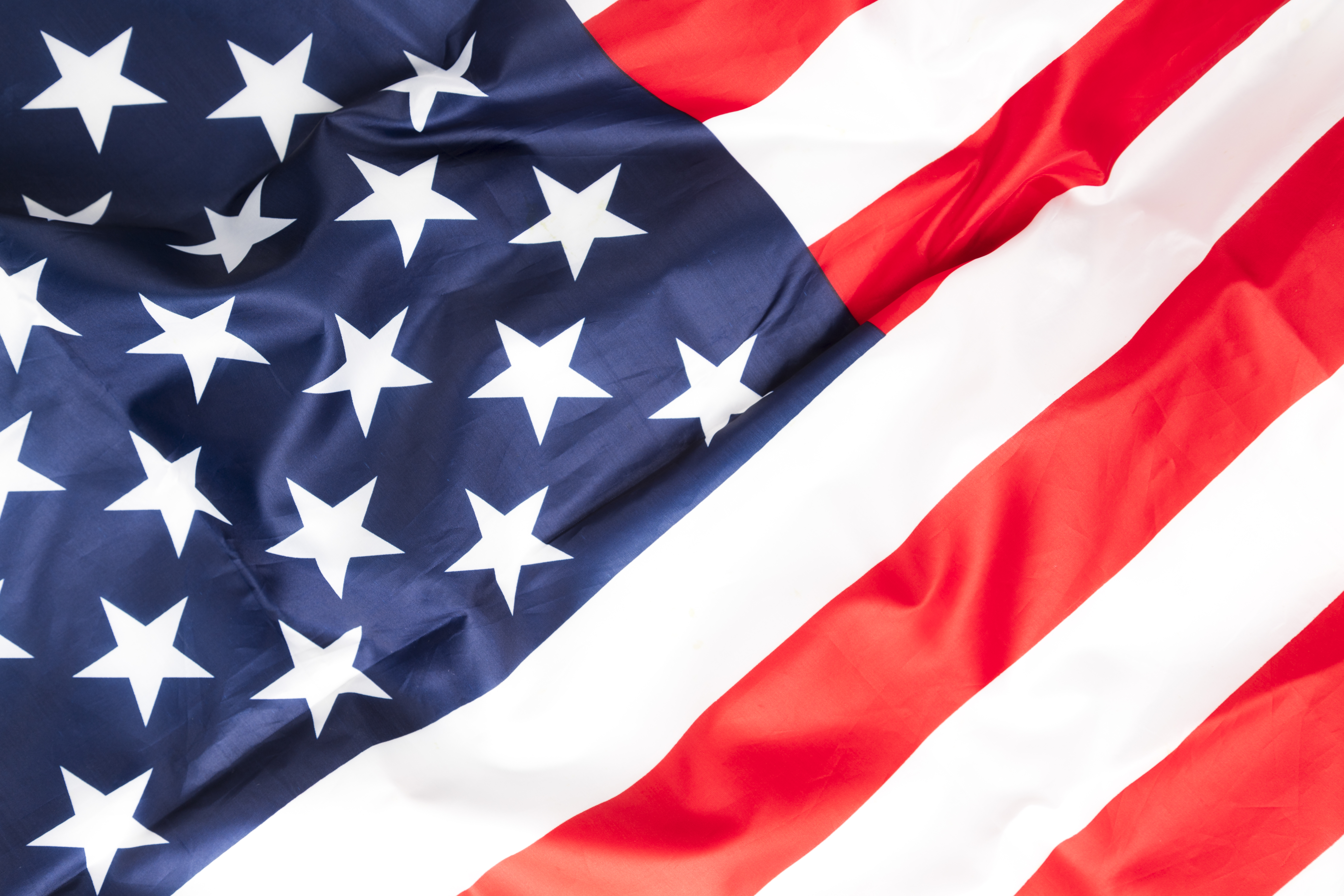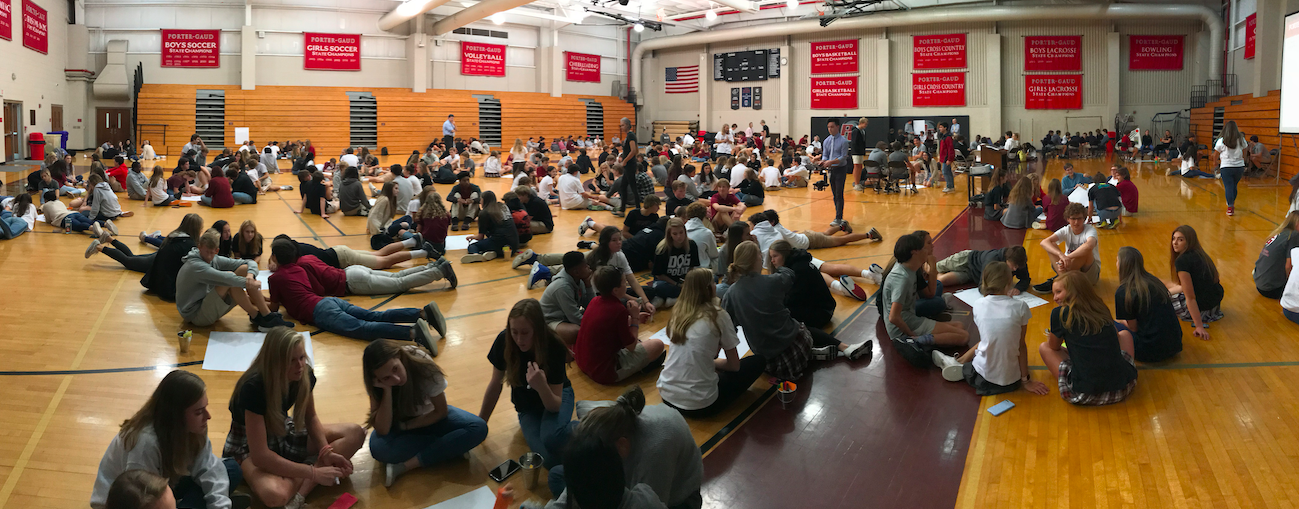What if, like Hollywood, schools had a “Black List” of ideas that educators love but that schools have shunned out of fear, reluctance to break with the past, or collective uncertainty? What if the list already exists? Like Hollywood, would we find numerous Academy Award winners and box office smashes amongst that list of ideas that may sound quirky…but right?

 I am in the middle of reading (and Tweeting short quotes from) The Rise, by Sarah Lewis, a wonderfully written exploration of the ideas and spaces that we mostly forget or forgo, but in which some of us—the explorers, the creative, the risk-takers, the “quirky”—find incredible “wins” where others only see potential “loss”.
I am in the middle of reading (and Tweeting short quotes from) The Rise, by Sarah Lewis, a wonderfully written exploration of the ideas and spaces that we mostly forget or forgo, but in which some of us—the explorers, the creative, the risk-takers, the “quirky”—find incredible “wins” where others only see potential “loss”.
I just finished a chapter about the Hollywood “Black List”, a creation of Franklin Leonard. In 2005 he sent out an anonymous email to 75 Hollywood colleagues and simply asked for feedback on scripts that they loved but that had not been made into films. Franklin tabulated the results. Since that initial compilation, 68 of the first 168 films (40%) that made the Black List have been made into feature films. Compare this, Lewis cites, to the average success rate of 0.3% for scripts that get pitched through the Hollywood grapevine. Not only were the films produced, many have gone on to win multiple Oscars and other top awards. The Black List is now a favorite hunting ground for movies with great future prospects.
What is this telling us? These were scripts that the most successful movie producers in the world passed on, some several times. Lewis says “the list has exposed a fissure in the film industry that would be present in any field with pressure to conform to a particular formula of past success”. In a nutshell, even though veteran moviemakers “loved” the scripts, they could not find an analogue of past success that justified taking a risk. She goes on to connect the dots to the experiments in the 1950’s of psychologist Solomon Asch who showed that we tend to “abandon our own opinion altogether under two conditions: 1) when we anticipate that our opinion differs from that of a group, and 2) when we have to state our dissent out loud.” Going back to the “Black List”, Lewis reminds us that Franklin was “not asking what scripts would be most successful commercially. He was just asking which ones they loved.” The collective “love” turned out to be an incredibly strong indicator of future success.
How does this relate to schools today? Why was my attention grabbed by the Black List?
Simple: I think I have unknowingly begun to create a similar list for K-12 schools. I am not ready to publish the results; that will occur in an upcoming article in Independent School Magazine. But here is the short version. As many of you know I have collected more than 2,000 responses from across hundreds of school communities to a simple prompt: ““Ask questions that start with the words ‘What if’ that would break, discard, or fundamentally change something that exists at your school today.” I have sorted the responses, from over 1,500 educators, into about 40 “buckets”. Given this freedom to imagine how school could be improved, unfettered by the constraints of the past, the vast majority, of us ignore the traditional foci of many school strategic plans and aim straight to the heart of major, often radical, changes to the learning structures and processes that have shaped K-12 education for 150 years. The largely untapped “winning” ideas that have been passed over by leading educators are the same ideas that, given the freedom of anonymity, we collectively put forward as ingredients for a better system of education.
Will school leaders have the foresight and courage to learn from this list, the faith that what we collectively love, wish for, or imagine as educators, regardless of what has worked in the past, offers the best chance for success in the future? Some schools and school leaders already are; the majority are not. The example of the Black List suggests that those willing to take this leap of faith will be the “winners” in the near future.





Leave A Comment